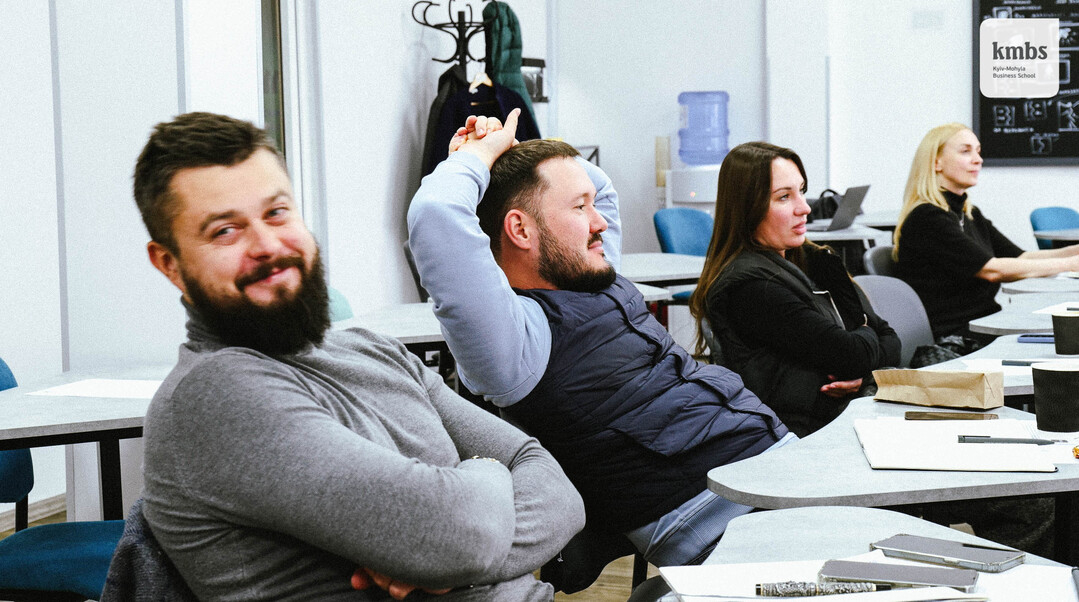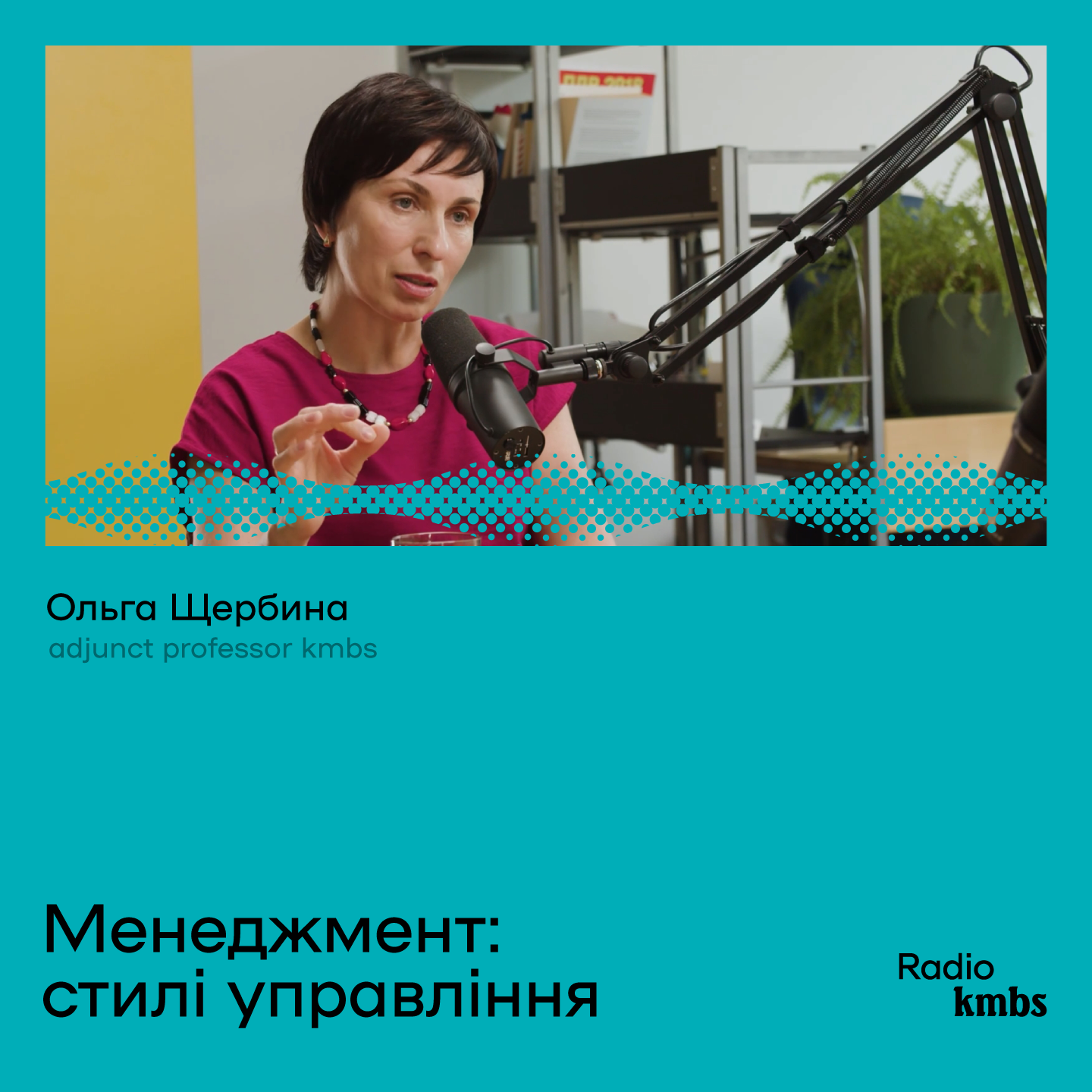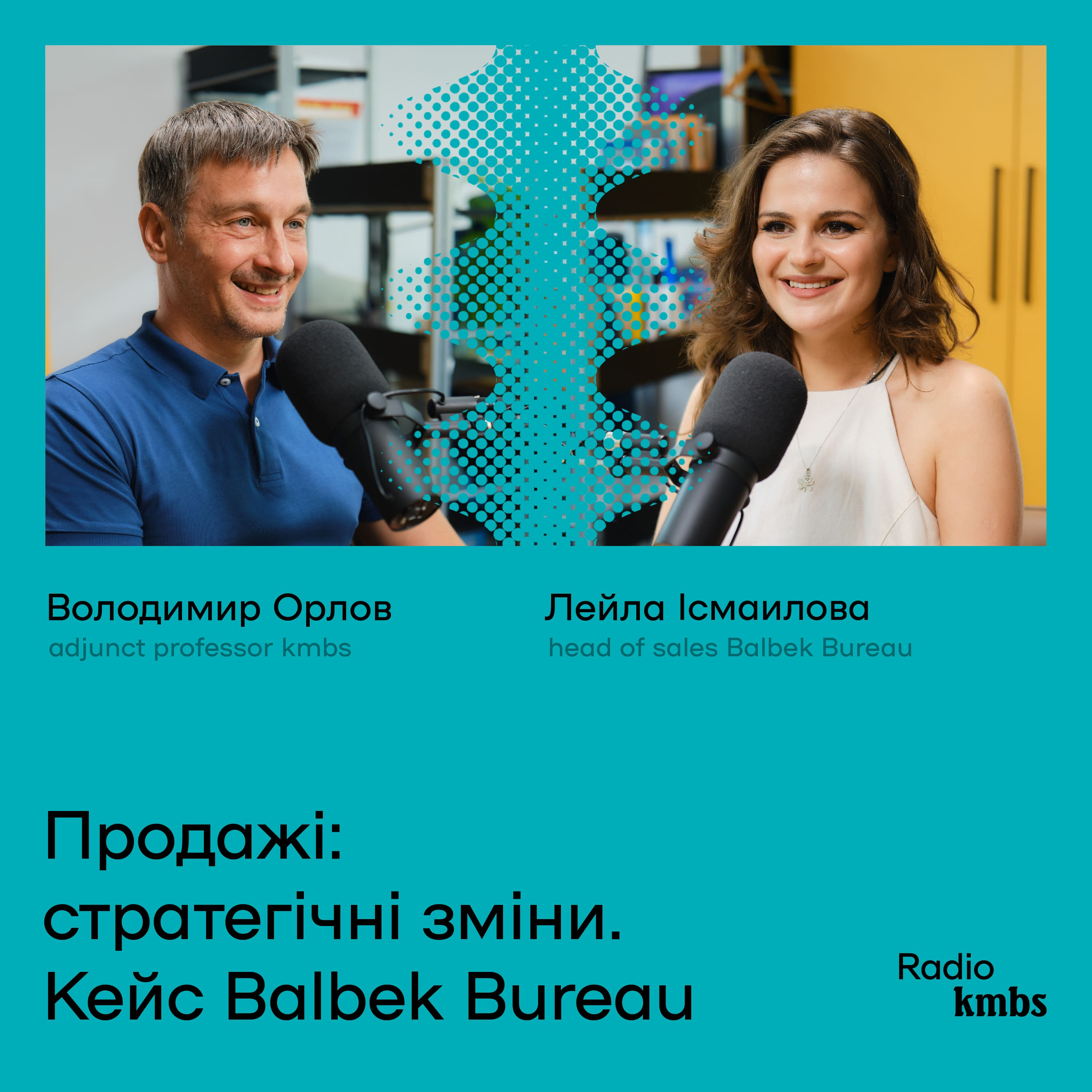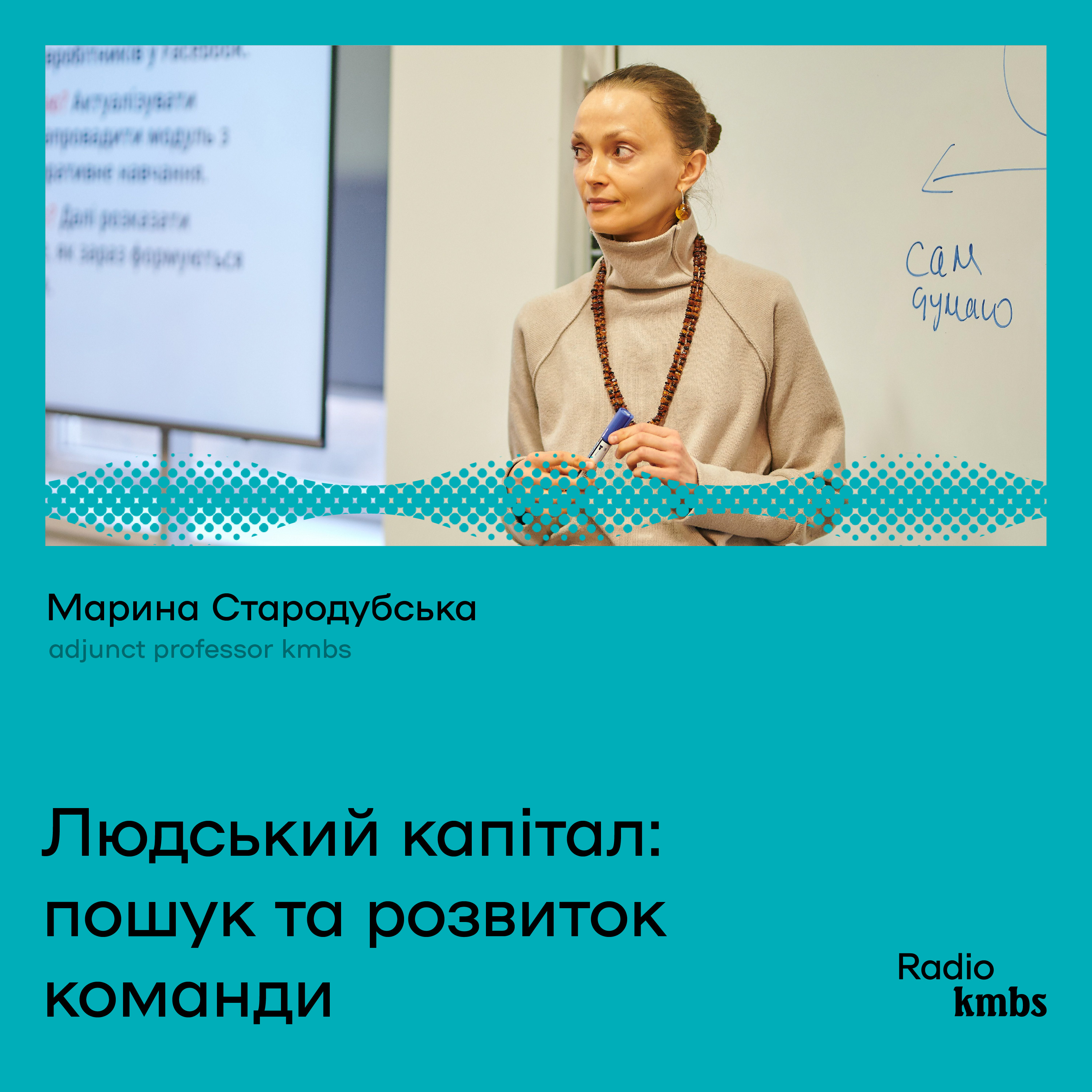Participants were expected to continue the courses "Economic Engineering" with Viktor Halasiuk, "Business Ecosystems" with Helena Savruk, "Strategic Marketing" with Elena Maltseva, and "Strategic Thinking" with kmbs dean Oleksandr Savruk.
In particular, Viktor Galasyuk revealed in more detail the topic of economic development: what are its characteristics, and what are we talking about when we talk about the development of the financial system. According to him, there is no single "world" in the economy. The world seems to be global, but different countries now live in other worlds. Some states have already undergone industrialization, and some have not. "Poor countries need traditional economic development, which is reduced to economic growth and, ideally, does not destroy nature," says Mr. Victor. - Different countries need different recipes at different stages. Just as separate companies in other countries at various locations of maturity need different strategies."
Ukraine is at a stage where it badly needs economic growth. "We are small and folded before the war. Therefore, we need to increase our economic "pie", - explains Mr. Viktor.
The participants discussed how to "pump up" Ukraine's GDP and discussed investments and exports. After all, if the economy depends on imports, you can print money and give it to people, but they will spend it on imported goods. And therefore, it will not help economic growth - unlike attracting investments and developing exports.
The humanitarian component is integral to studying for the President's MBA. In this module, Olga Balashova, art critic and head of the public organization "Museum of Modern Art," told PMBA-24 participants about art during the war, drawing exquisite parallels with the past century.
In the 1940s, support for the Soviet system, interest in it, and sympathy for socialism grew in postwar America. In 1949, the USA even hosted a conference, "For World Peace" (the main Soviet narrative of those times: if the communist ideology wins, then peace will come). At the same time, America offered the world the only thing the USSR did not have - freedom.
"At that time, the Americans "saddled" the idea of freedom in all its manifestations, - says Ms. Olga. - And now the primary source of freedom in the world is us. Therefore, this idea is not free of associations. It gravitates towards the American vector.
Olga told the participants of RMVA-24 about how political systems instrumentalize art and how negative consequences this often has for artists. She also discussed with the participants what lessons Ukraine could learn from the past. "There is a concept of performativity in art - when words are actions when words fully correspond to actions. This concept is becoming extremely important today," says Ms. Olga.
We need change, and it is already happening. For example, we lived for a long time with the belief that "the state is the enemy and it must be resisted" and cultivated the role of the victim. This is changing now. We need to think about what and who we are already influencing. What else can we do? And in no case do not allow a rollback.










